“Every secret of a writer’s soul, every experience of his life, every quality of his mind is written large in his works.”
Virginia Woolf
As I sit at the kitchen table in a cluttered room filled with camping equipment from our first excursion into the glorious desert, my mind wanders to the atmosphere and the experiences I have created for my writing and how that affects my work.
Experiences shape your reality. Creating experiences for yourself can draw out and enhance the untold stories in your mind, with the potential to make your writing as real to the reader as it is to you.
I thoroughly enjoy using a pen and paper to write. I can type on a laptop much faster than I can write on paper, and I appreciate that the traditional materials make me slow down to create poignant, vivid scenes and take the time to consider how my characters will react in the situations in which they find themselves.
Using tangible things around you to create parts of the world you are building has the potential not only to spark the imagination, but also further the satisfaction you get from your writing. Wouldn’t it be interesting to write a World War II novel on a classic, manual typewriter?
Travel can create tremendous experiences for writing. The privilege of going to England allowed me the opportunity to witness the beauty of quaint hamlets tucked in rolling, green hills that meandered in all directions from the tower at Warwick Castle which I stood atop. I touched the cold, ancient stones of the Tower of London – stones that had been touched by thousands centuries before me and will stand for others to gaze upon centuries after I am gone. I had the opportunity to observe people living their everyday lives in a country and culture different from my own.
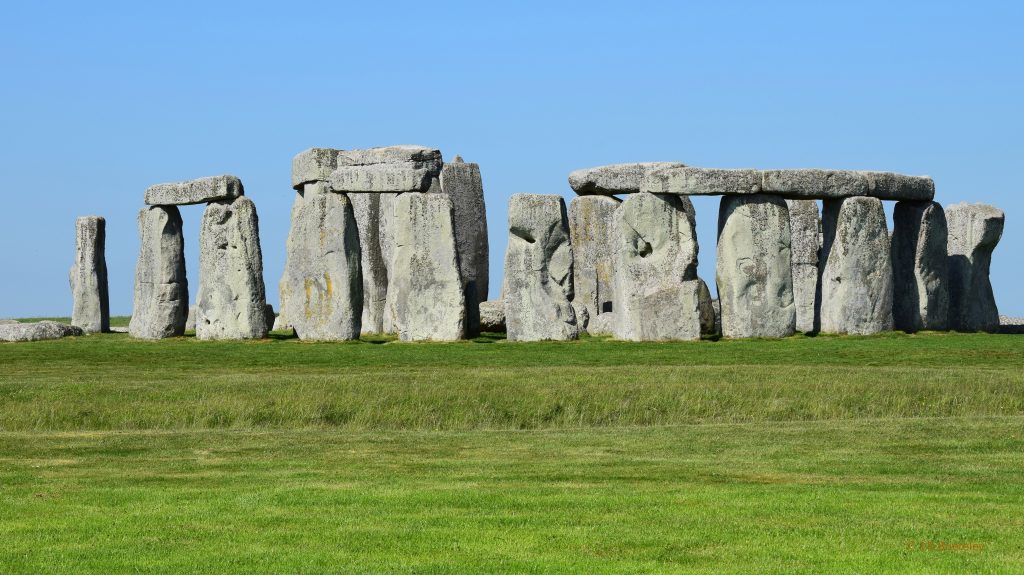
A little closer to home, I was able to go on a tour of some of the oldest houses in one of the small mining towns in Arizona. It was intriguing to move through the small rooms as I gained a better understanding of what it would have been like to live there in the early 1900s. It was delightful to see the mountains from outside the windows and imagine the piping smoke of the nearby copper mine as horses and wagons clattered along the dirt roads. The visit reminded me of the type of people who populate a small town – people similar to those I grew up with who were kind, genuine, and helpful as they moved easily along with the ebb and flow of an unhurried, constant, and steady way of life.
Even if you have not travelled, it does not mean you will be hindered from effective writing. There are many other ways to experience things. Read books about that which you are writing, read autobiographies about those who grew up in the area and lived in the environment you are trying to capture in your story. Borrow books from the library to do research, look at modern maps, and peruse old maps to gain a better understanding of the area and period you are writing about. Visit museums and ask questions. Technology grants us a wealth of knowledge at our fingertips. Take the time to watch YouTube videos about your subject and study the location through Google Street View and Google Earth.
Experiences can be created by listening to music that inspires you or existed during the time in history you are writing about. One of my stories depicts a grand party in San Francisco around 1912. As I wrote of this small-town girl attending the lavish ball, I listened to a famous waltz of the time, the Vienna Blood Waltz by Johann Strauss II. It made the scene come to life for me and allowed me to feel the thrill my character felt as she swayed to the sweeping music in her fine dress. Music has also helped me shape my characters. Many of them, along with the stories themselves, have theme songs. This music is in the tune of the period or contains the message I am writing about. Even if you are writing genres such as fantasy where you are creating a unique world, there are a variety of epic soundtracks and fantasy-inspired music from which to draw inspiration.
Storyboards can be fun to create and can act as a visual guide that brings your stories and characters to life. I recently created my first storyboard. It was a PowerPoint filled with pictures of inspiration for the characters, quotes from the story, and photos of settings in the story. Storyboards allow you to focus on the important aspects of the plot and characters. Storyboards can be created using a wide variety of materials, including photos, paintings, drawings, and more.
Delve into the culture or time in history of your story by creating authentic dishes and drinks. As you bake fresh scones, imagine maids of a great house in England deftly kneading dough as they wonder to each other whether courageous Master Edmund will join the army in the midst of the war. As you settle down to enjoy your freshly baked goods, imagine fine ladies gathered for teatime in the parlor as they muse to one another how handsome Master Edmund will look in his uniform, even as each attempts to shield her young heart against the deep disappointment his departure brings.
The location in which you choose to write can go a long way in creating an experience. I enjoy writing at the kitchen table, and because I have been writing at this location for awhile, I find my mind works efficiently in this atmosphere, especially when it is clean (an environment I do not unfortunately have right now due to all the camping gear!). Writing in different locations, such as in the mountains or sailing on a cruise, can be inspiring; but I find it difficult to write when I am experiencing something new. I find inspiration is created while I am in the midst of the experience and is bottled up to be diffused in my imagination after it is over.
Why put all this effort forth? Writing is not always easy, and I find it can be tedious to peruse the same story over and over in attempt to refine it. That is why it is important to give myself experiences that make writing pleasant.
Experiences have the potential to make your writing more powerful. Consider the ultimate portrayal of an experience in the form of journaling, which depicts a person’s unique outlook on life and offers us a window to their soul. I encourage you to go the extra mile to make experiences happen as much as it is in your power, and create them for yourself when you are unable to be in a certain place or time.
As you end this post, do you feel there is no way you will have time to invest in the suggestions above? Then I encourage you to simply write, fellow Untold Story. Write until you are weary and then write a little more. For that is the very essence of what we do, and everything else will fall into place as it ought on this journey we are taking.
Musingly,
J. R. Brierley
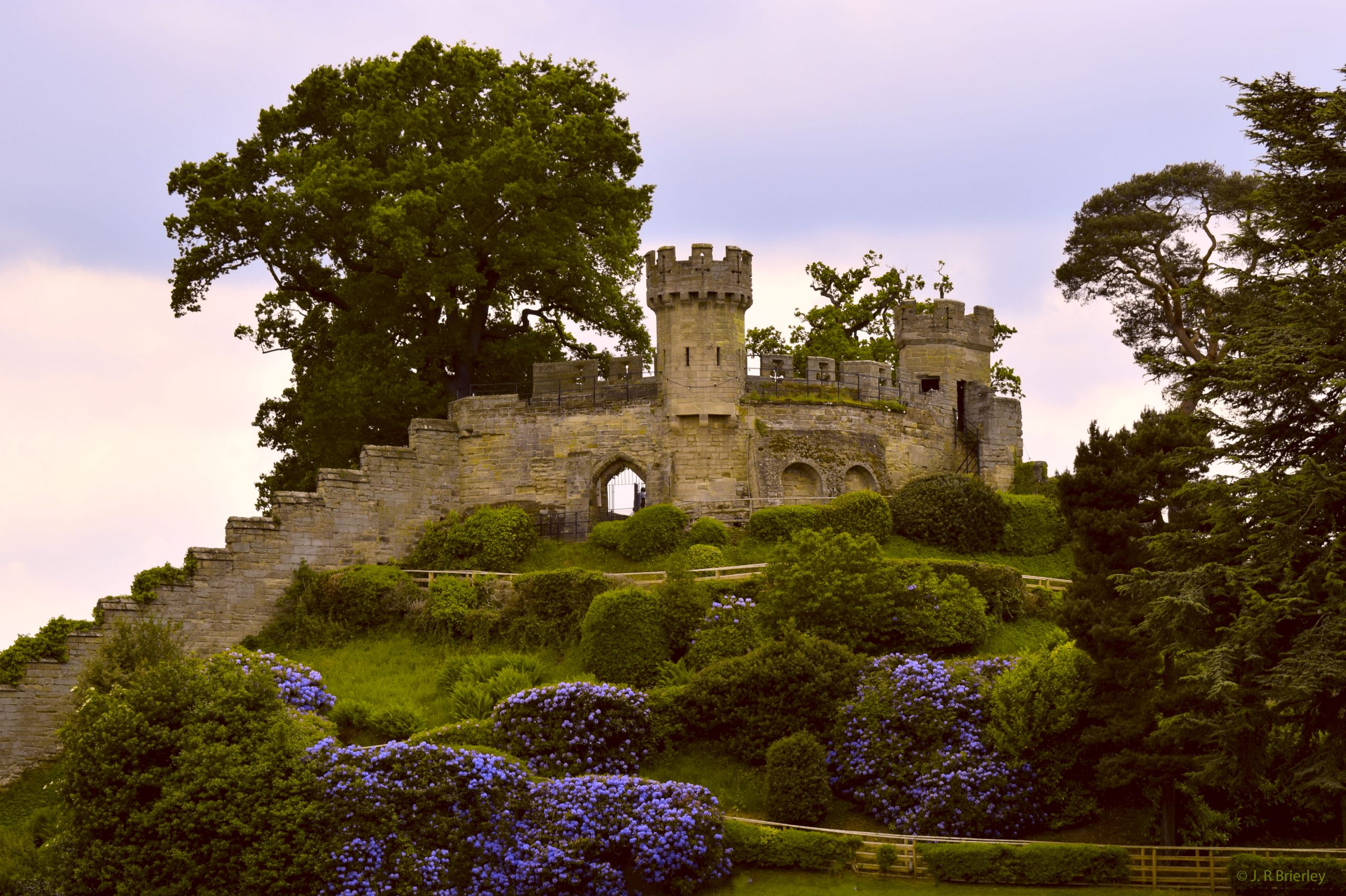


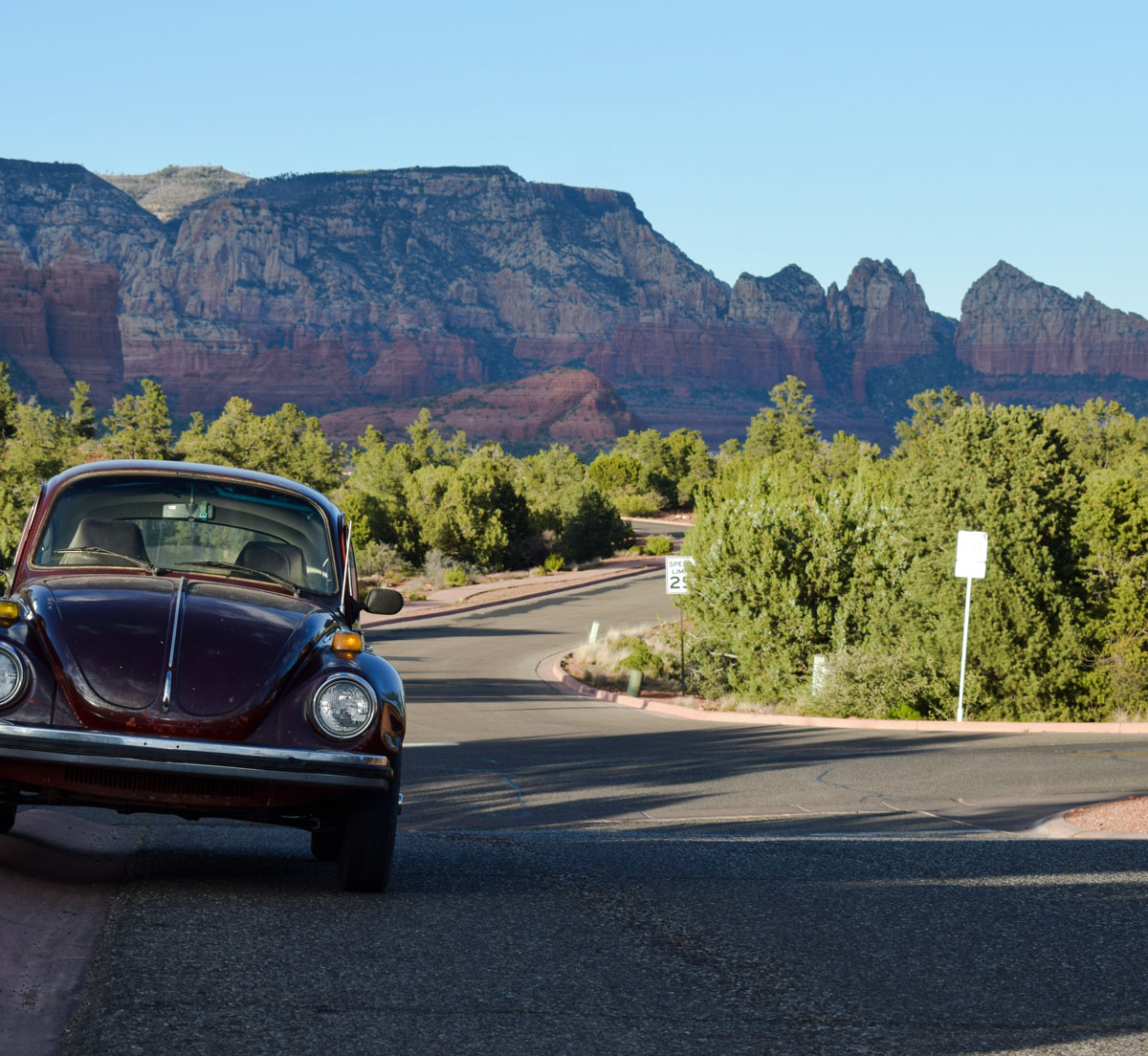
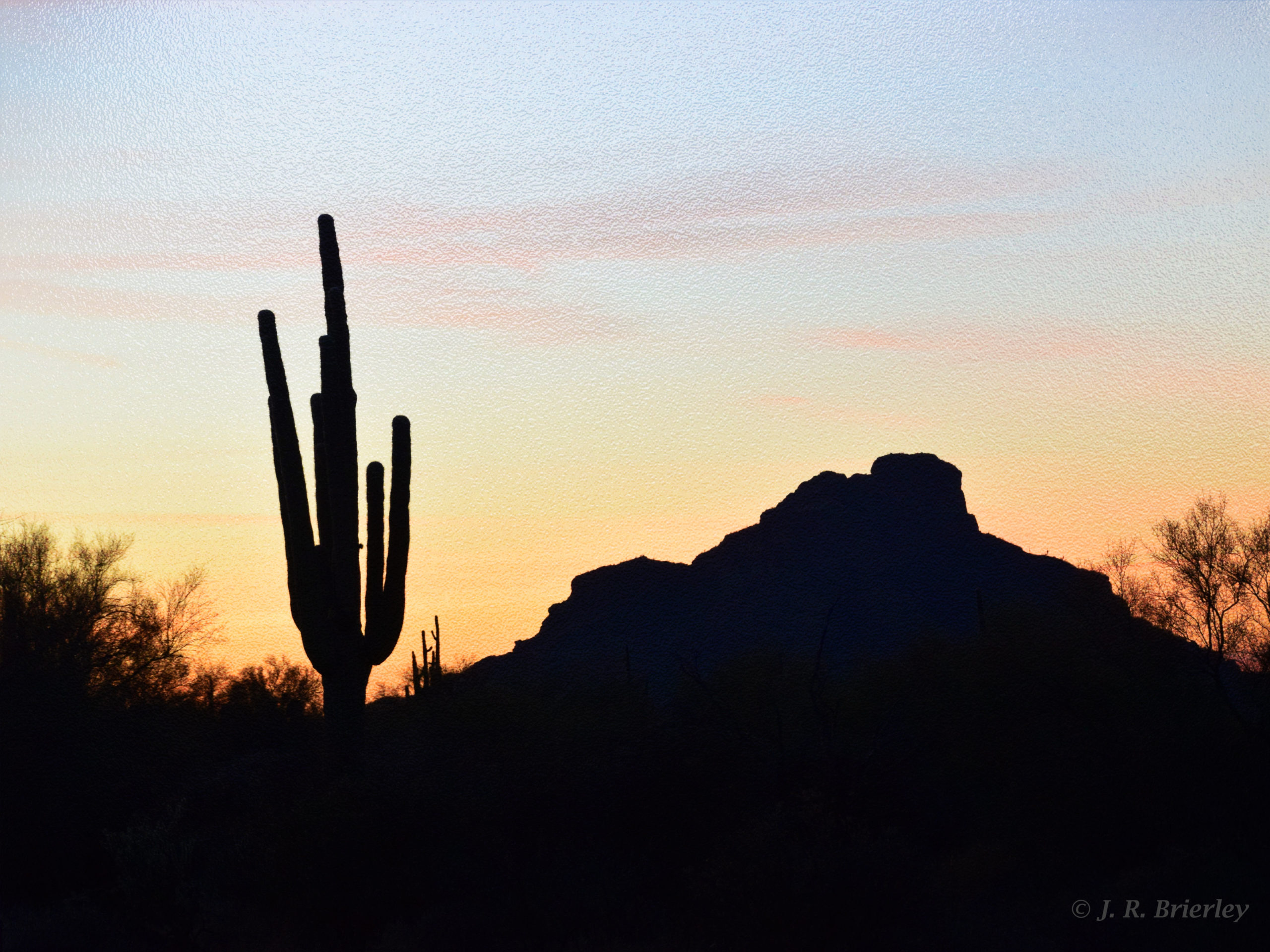
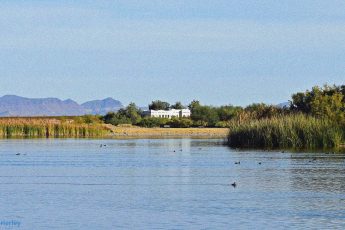
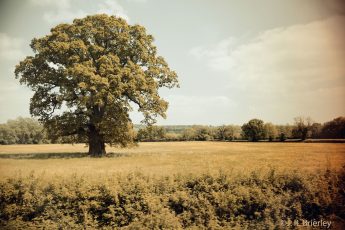
Leave a Comment